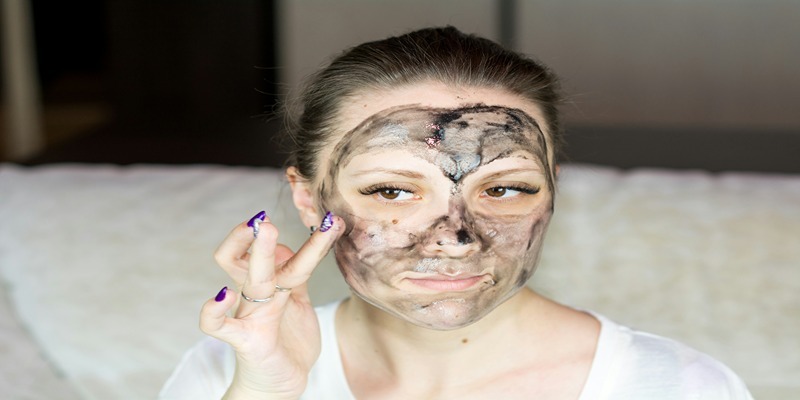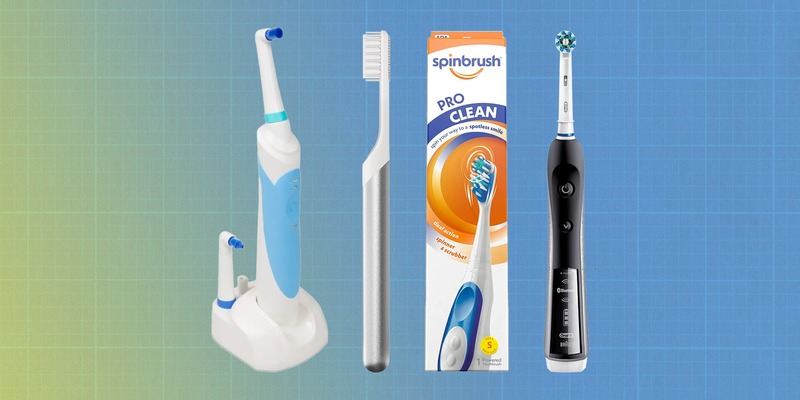
For acne patients, winter is one of the toughest seasons to go through. Cold weather and dry air both indoors and out, as well as changes in the skin care regimen, cause the skin to break out more. It is important to note the factors that cause winter acne so that its occurrence can be prevented or controlled. Such issues as dry skin, changes in the environment, and the wrong choice of cosmetic products can become the cause of the issue. This article will therefore endeavor to explain the causes of winter acne and how you can avoid them in order to keep your skin healthy in the winter. Learn more about the changes you should make in your skincare and daily habits to prevent winter acne.

Common Causes of Winter Acne
Dry Skin and Overproduction of Oil
In winter, the outside air is cold and the indoor conditions are warm and this results into skin dryness because the skin loses its natural moisture. As a reaction to this dry skin, the skin will produce more oil and this leads to the blocking of the pores and formation of acne. The dry patches along with the oily skin make it easier for the skin to break out. Drinking water and applying the right moisturizers are other ways that can assist in controlling the secretion of oil and keeping the skin free from acne.
Changes in Skincare Routine
This is because people change their skincare routines when the weather changes from summer to winter, and this might lead to acne. Lotions and creams, though essential for the dry skin, can be comedogenic, which in simple terms means that they clog the pores and cause acne. Also, the new products that are introduced in the market can cause the skin to become inflamed and develop acne. To prevent clogging of pores, it is advisable to use noncomedogenic products, and when incorporating any new skincare products, one should do it gradually to assess the impact on the skin.
Environmental Factors
It is during winter that we experience several changes in the environment that affect the skin. Cold weather and wind can compromise the skin barrier, and that is why the skin can easily become irritated and develop acne. Indoor heating also helps to warm the air but at the same time it makes the air even more dry which is not good for the skin. Stress during the holiday period and changes in diet may also cause skin breakouts and hence the acne. To reduce these effects of the environment on skin, one needs to control stress, take proper diet, and use a humidifier to increase the moisture content of indoor air.
Effective Tips to Combat Winter Acne
Maintain Proper Hydration
The third factor that should be considered in order to avoid winter acne is water intake. Cold weather and indoor heating during winter cause the skin to become dry and in a bid to compensate for the dryness, the skin produces more oil causing acne. Consuming a lot of water in a day is good for the skin since it hydrates the body from within. Also, if you use a humidifier in your house, it will help in putting moisture in the air hence not allowing your skin to dry up. Using a serum or essence that is hydrating before applying your moisturizer can also help increase the skins hydration. Drinking enough water ensures that the skin does not dry up and crack and therefore minimizes the chances of getting acne.
Use Non-Comedogenic Moisturizers
Selecting the appropriate moisturizer is very important in winter to ensure that the skin is moisturized without blocking the pores. There are non-comedogenic moisturizers which are designed to deliver the required amount of moisture without clogging the pores. Search for products that have hyaluronic acid, glycerin, and ceramides as some of the components to help the skin retain moisture and build up the skins protective layer. Do not use heavy creams that contain oils that are likely to clog the pores and worsen acne. However, it is recommended to go for products that are light, non-acnegenic and non-comedogenic for your skin type. Using a non-acnegenic moisturizer in the morning after washing your face and at night is beneficial to the skin and assists in avoiding breakouts.

Gentle Cleansing and Exfoliation
It is very important during winter to clean and exfoliate the skin gently. Choose a gentle skin cleanser that will effectively wash off the dirt without leaving the skin dry. Exfoliation is also necessary, but it should be done on a daily basis, however, gently to avoid inflammation of the skin. It is preferable to use scrubs containing gentle acids such as lactic or salicylic acids that will help remove the dead skin cells and stimulate the natural process of skin shedding without irritation. It is recommended to exfoliate 1-2 times a week to keep the skin surface smooth and clean and avoid clogging of pores by dead skin cells.
Spot Treatments and Masks
Spot treatments and masks are some of the best remedies that can help one handle winter acne. These treatments should be applied directly on the acne area after washing and putting on a moisturizer. Also, the use of masks is useful if you need focused care for certain areas of the face. Clay masks are useful for oil control and for clearing out the pores while hydrating masks with ingredients such as hyaluronic acid and aloe vera hydrate the skin. It is recommended that these masks are used once or twice a week for the best results. Using spot treatments and masks guarantees that the skin will be treated for the current problem as well as for the potential one.
Diet and Lifestyle Adjustments
Lifestyle changes can go a long way in preventing winter acne and this involves taking some measures on the kind of food that one takes. Reduce the consumption of sweets and processed products as they contribute to the appearance of acne. Exercising, yoga, meditation, or any other activity that can assist in managing stress also aids in controlling the hormones that may cause acne. Also, regular sleep helps the body get enough time for repairing and regeneration of skin cells among other body tissues. With these changes, it is possible to avoid the formation of winter acne, and thus, enhance the quality of life.
Conclusion
It is not easy to deal with winter acne, but if you know the causes of this problem and use the right measures, you will be able to have healthy skin. The issues like dry skin, changes in the environment, and skincare practices must be managed. Thus, if you pay sufficient attention to hydration, select noncomedogenic moisturizers, cleanse and exfoliate gently, apply spot treatments and masks, and make changes in your diet and lifestyle, you will be able to fight winter acne. Proper care and making some changes to the daily regimen will keep the skin clear and beautiful during the winter, and you will not have to hide your skin behind masks and concealer.



